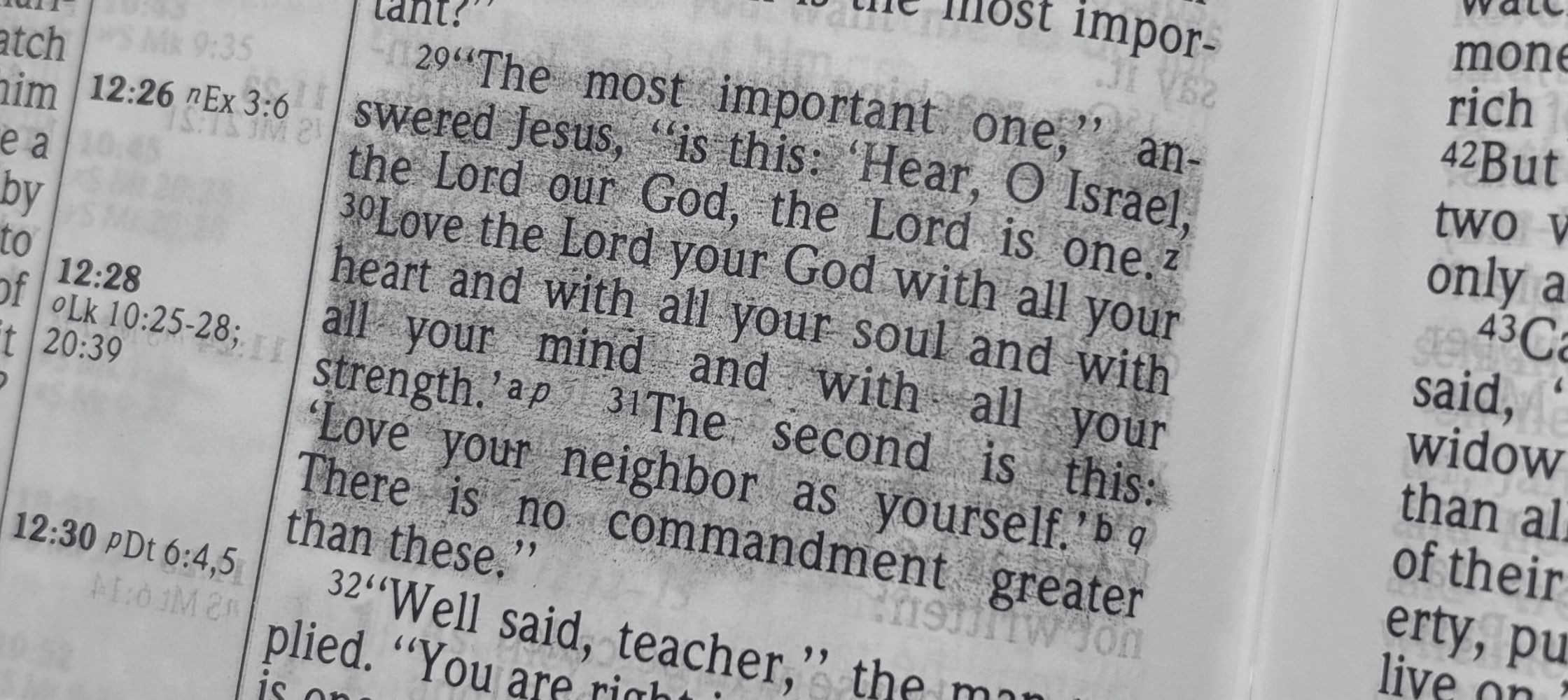Thank you! Your submission has been received!
Oops! Something went wrong while submitting the form.

By: Robert E. Zink
February 5, 2024
Whether right or wrong, I have to confess that one of the things I dislike is idle chatter. For example, there are times when talking about the weather is essential, such as when you are planning a picnic or a bike ride. However, the weather as a default conversation annoys me, admittedly. Personally, I thrive off deeper conversation and find more value in lingering there when talking with people. As I share that with you, I recognize that not everyone is comfortable there, and prefer to intersperse their moments of more profound talk with more casual conversation. The trouble for most of us is we tend to remain in one or the other, failing to ask ourselves, "What is the opportunity cost of this conversation?"
If you ever took a basic economics class in school, you’re familiar with the concept of opportunity cost. It refers to the idea of giving up potential for gain in order to expend a resource somewhere else. An example we can all relate to is the use of our time. It goes without saying that our time is limited, so we have to be wise about how we spend it. If my children are asking me to play a game with them but I really need to clean the house, then I have to make a decision. If I use my time to play a game with the kids, the opportunity cost is cleaning the house; but if I use the time to clean the house, the opportunity cost is time with my children. Which one of those is the higher cost? It probably depends on the circumstances at that moment. In the same way, every conversation we have has an opportunity cost, as well.
Rarely do we think intentionally about our conversations, choosing instead to simply allow them to flow in whatever direction they may go. But what we say to someone comes at the cost of what we choose not to say. That statement is so important that I want to repeat it to you: what we say to someone comes at the cost of what we choose not to say.
While I believe this principle is critical for every person, I find it especially crucial for Christians. As Christians, we should think redemptively about all aspects of life, including redeeming our conversation. What we choose to say or not say reveals something about the Lord, and so we need to consider how we are using our conversation for the Lord's glory (1 Corinthians 10:31; cf. Isaiah 43:6-7). One of the things we need to consider is that the opportunity cost of idle chatter is evangelism and discipleship.
When we choose to talk about the weather, sports, or some other fleeting topic of the day, we may be missing out on an opportunity to share some truth about God. Before us may be a time when we can steward our relationships and shepherd people towards the Lord, but at the cost of that we sometimes make the decision to instead engage in discussion about lesser topics.
More often than not, when I am discipling people, I find out that the majority of people have actually considered the opportunity costs of their conversations. However, they do it from the perspective of self rather than of God. When faced with a situation to speak truth into people’s lives, the decision for many people is whether or not they will be made to feel uncomfortable by doing so. In this view, the opportunity cost of sharing God’s truth is that I will feel uneasy about the topic of conversation. The opportunity cost being considered in this case is how the conversation affects me.
However, I would say that we need to flip our thinking here and not consider how the conversation affects me but how it affects others. We can do this by asking instead, "What is the opportunity cost of not sharing the truth?" The answer includes statements like:
The list of costs could go on, yet the point is made. There are times when the opportunity cost of sharing truth is higher than the cost of not sharing. It may be that by evangelizing now we will lose future opportunities to share. But I think asking ourselves, “What is the opportunity cost of this conversation?” can act as a guide. Even more important, by asking this question, we are given the opportunity to redeem our conversations for the glory of God and make the most of every opportunity to make disciples.
